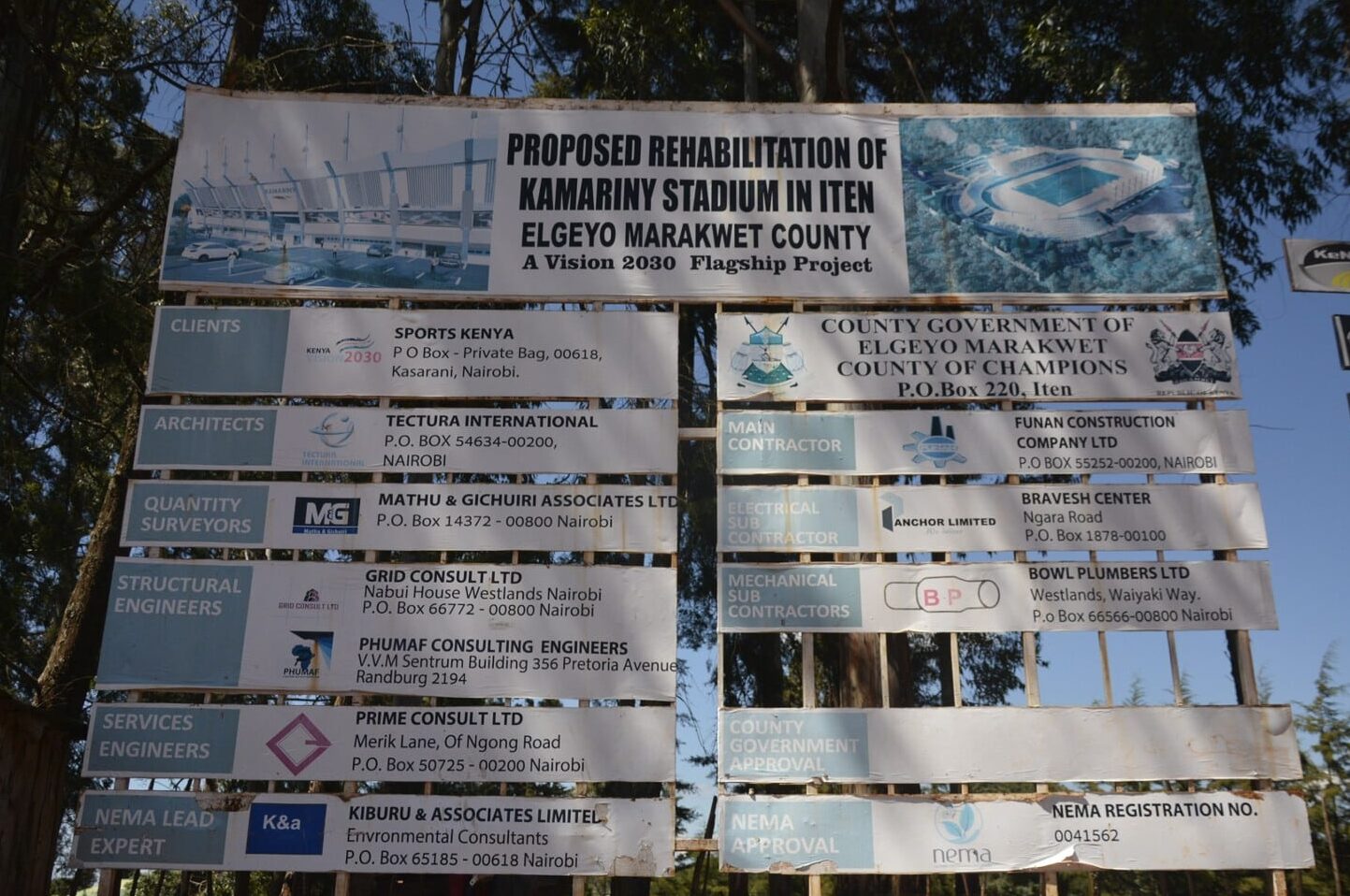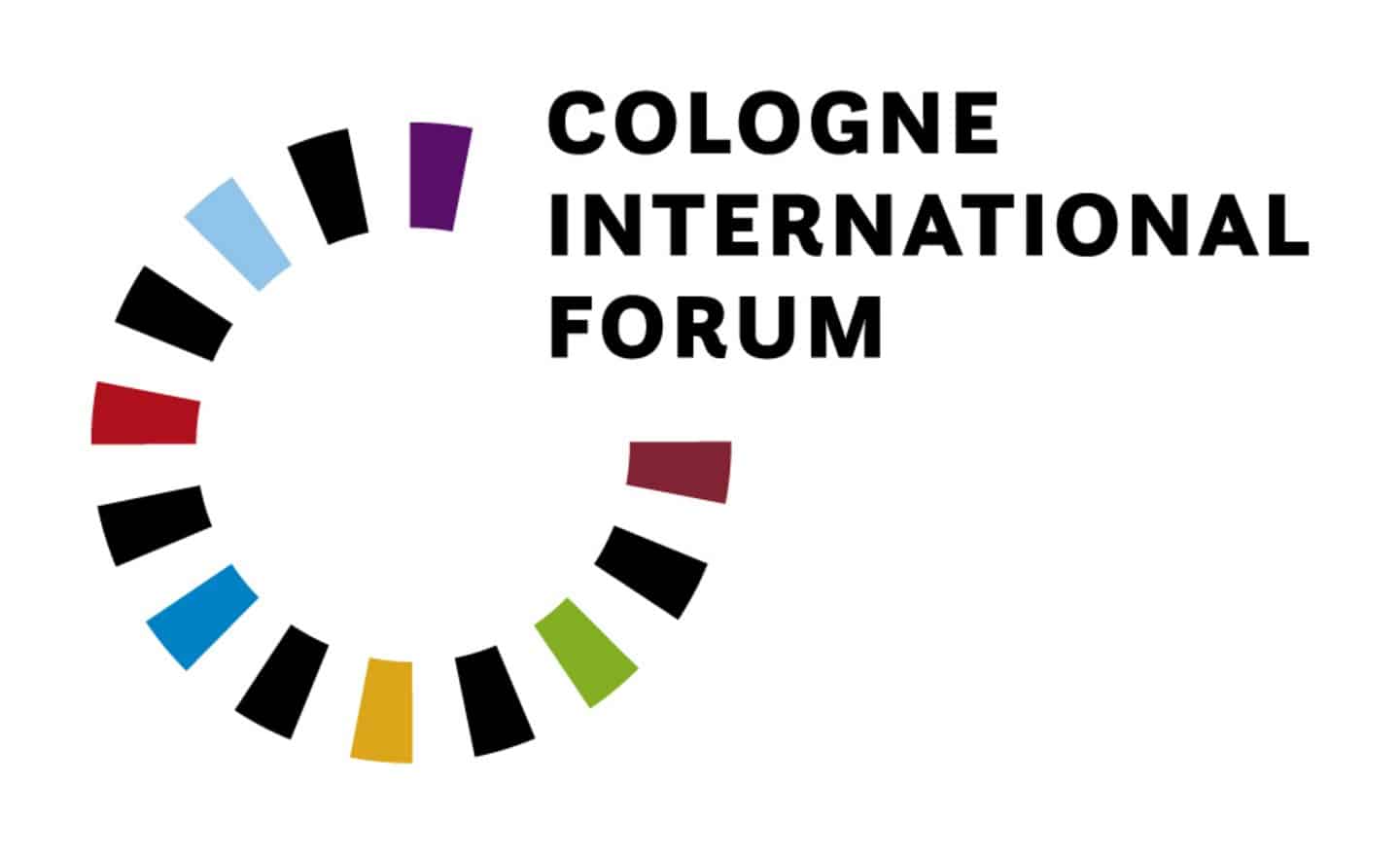The Impact of Land Use/Land Cover Change (LULCC) on Water Resources in a Tropical Catchment in Tanzania under Different Climate Change Scenarios
Many parts of sub-Saharan Africa (SSA) are prone to land use and land cover change (LULCC). In many cases, natural systems are converted into agricultural land to feed the growing population. However, despite climate change being a major focus nowadays, the impacts of these conversions on water resources, which are essential for agricultural production, is still often neglected, jeopardizing the sustainability of the socio-ecological system.
This study investigates historic land use/land cover (LULC) patterns as well as potential future LULCC and its effect on water quantities in a complex tropical catchment in Tanzania. It then compares the results using two climate change scenarios. The Land Change Modeler (LCM) is used to analyze and to project LULC patterns until 2030 and the Soil and Water Assessment Tool (SWAT) is utilized to simulate the water balance under various LULC conditions. Results show decreasing low flows by 6–8% for the LULC scenarios, whereas high flows increase by up to 84% for the combined LULC and climate change scenarios.
The effect of climate change is stronger compared to the effect of LULCC, but also contains higher uncertainties. The effects of LULCC are more distinct, although crop specific effects show diverging effects on water balance components. This study develops a methodology for quantifying the impact of land use and climate change and therefore contributes to the sustainable management of the investigated catchment, as it shows the impact of environmental change on hydrological extremes (low flow and floods) and determines hot spots, which are critical for environmental development.
By: Kristian Näschen, Bernd Diekkrüger, Mariele Evers, Britta Höllermann, Stefanie Steinbach, and Frank Thonfeld (2019). Click here to read the full article.






